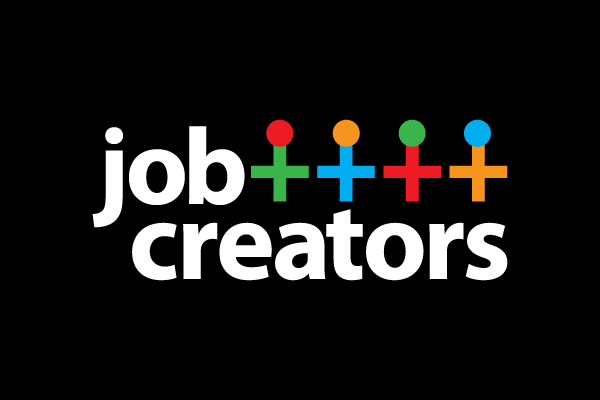 A California Chamber of Commerce-supported job creator bill that improves access for disabled customers and limits frivolous litigation against businesses passed an Assembly policy committee this week.
A California Chamber of Commerce-supported job creator bill that improves access for disabled customers and limits frivolous litigation against businesses passed an Assembly policy committee this week.
AB 54 (Olsen; R-Modesto) was approved as amended by the Assembly Judiciary Committee. The bill seeks to improve access for disabled patrons without harming businesses through frivolous lawsuits by providing businesses with a 60-day right to correct the violation for a claim based upon a constructed-related accessibility standard that was changed or modified in the prior three years.
Cottage Industry of Litigation
Due to California’s current statutory framework for construction-related accessibility claims, small businesses have, unfortunately, been targeted by a limited group of attorneys to leverage extortion-type settlements for technical construction-related standards, which do not actually impede physical access to the facility for disabled patrons.
For example, the California Commission on Disability Access has a Top 10 list of construction-related accessibility claims set forth in demand letters or complaints, which includes alleged violations for failure to have the appropriate signage or symbol.
Such violations do not necessarily impede physical access to the facility and could be easily resolved. However, businesses are pressured into paying settlements for these lawsuits instead of focusing financial resources on improving access at the business.
AB 54 provides business owners with 60 days to correct an alleged accessibility violation that is based upon a recently enacted construction-related accessibility standard.
If the violation is resolved within the 60-day period, the business owner would not be assessed any statutory damages. AB 54 creates a balanced approach to the current lawsuit abuse regarding construction-related accessibility claims by providing a limited opportunity to correct for recently modified construction-related accessibility standards of which the business owner may not have been aware.
Key Vote
AB 54 passed Assembly Judiciary with unanimous, bipartisan support, 10-0:
Ayes: Mark Stone (D-Scotts Valley), Wagner (R-Irvine), Alejo (D-Salinas), Chau (D-Monterey Park), Chiu (D-San Francisco, Gallagher (R-Yuba City), Cristina Garcia (D-Bell Gardens), Holden (D-Pasadena), Maienschein (R-San Diego), O’Donnell (D-Long Beach).
AB 54 will be considered next by the Assembly Revenue and Taxation Committee.
Other Reform Bills
Other disability access litigation reform bills are pending in the Legislature:
• Reduces Statutory Damages: AB 52 (Gray; D-Merced) seeks to improve access for disabled customers and limit frivolous litigation against businesses for construction-related accessibility claims by providing an opportunity for the businesses to timely resolve any potential violations.
AB 52 will reduce statutory damages for businesses that have corrected any construction-related accessibility standard within 180 days of receiving a civil complaint. In exchange for fixing the alleged violation, AB 52 would reduce the statutory damages from $4,000 to $1,000.
This reduction creates a fair balance between providing a remedy for the fixed violation, yet also recognizing the good faith efforts of the business at efficiently resolving the alleged violation.
• Creates Fair Balance: SB 67 (Galgiani; D-Stockton) limits frivolous litigation against small businesses for alleged construction-related accessibility violations, by eliminating statutory damages and providing only injunctive relief and attorney’s fees.
This will allow those claims that have merit to still be filed, and discourage the frivolous claims from being pursued. SB 67 also extends the period to resolve the alleged violation in order to reduce the statutory damages from $4,000 to $1,000. This reduction creates a fair balance between providing a remedy for the fixed violation, yet also recognizing the good faith efforts of the business at efficiently resolving the alleged violation.
SB 67 will allow a small business to utilize its resources in a manner that improves accessibility for all patrons, so that it can continue to succeed and expand in California

